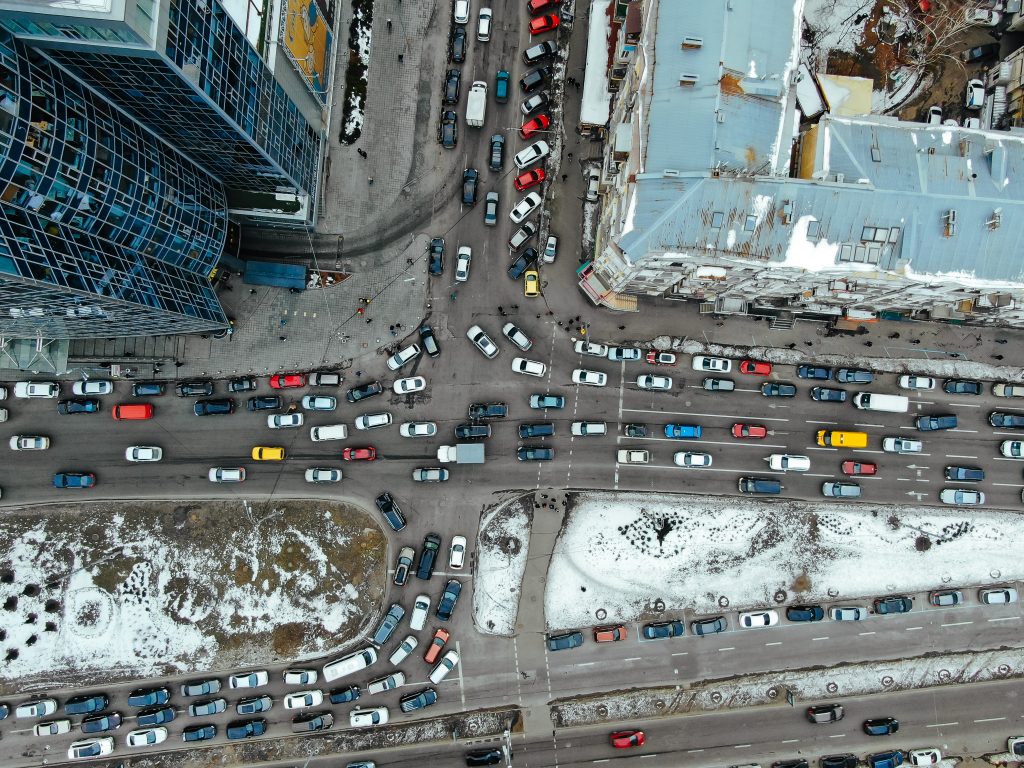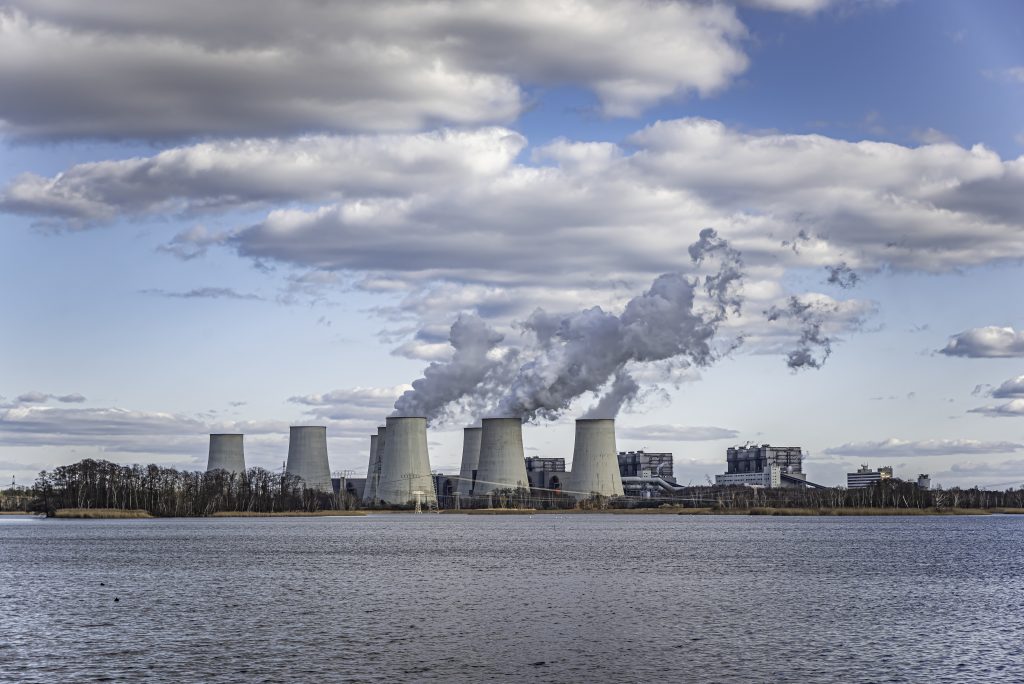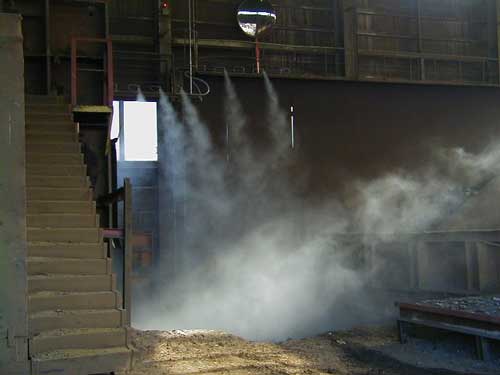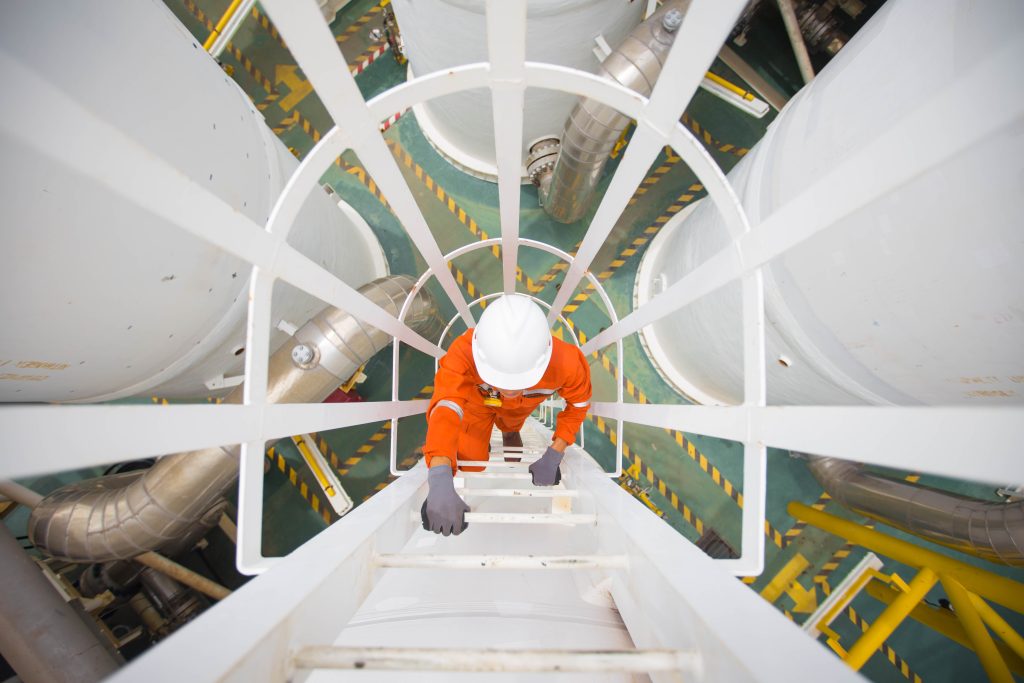January 12, 2024
Why is air pollution worse during the winter?

Air pollution remains an increasing concern across the world and more people are now expected to die from air-pollution than car wrecks. Air pollution is an all-year problem, but it is generally worse during wintertime. There are several reasons for this, but they all stem from the cold.
Dry air holds more pollution
Air pollution is worse during winter time because the cold and dry air traps more pollution. Cold air is denser than warm air. This means that pollutants emitted near the ground are less likely to disperse upwards and is thus more likely to be inhaled by humans and animals.
Snow can trap the pollution
During winter time it can snow more often than it rains in some regions. Snow and ice can trap pollutants and prevent it from settling or from being washed away by the rain.
Increased combustion during winter
The demand for heating during the colder months leads to increased combustion of fossil fuels for heating purposes. The combustion releases pollutants such as particulate matter, nitrogen oxides, and carbon monoxide into the air. In addition, more people will use their car during wintertime and leave the engine idle.

How can we reduce air pollution?
The easiest and most efficient way to reduce air pollution is to switch to renewable energy sources and reduce the traffic on the roads. This is a transformation which will take several years still. Meanwhile, there are many ways in which factories and power plants can reduce the amount of pollutants which get into the air.
NOx reduction
NOx is the collective term for NO and NO2, which are significant components of harmful air pollution. It is emitted by vehicles, but is also during industrial processes at high temperatures such as in power plants, industrial boilers, cement factories and turbines. With the implementation of a spray nozzle, the air can be purified through a catalytic reduction.
Read more here


SOx reduction
Many power plants and industrial facilities use flue-gas desulphurization (FGD) scrubbers to remove SOx from combustion gases. SOx reduction requires atomization with slurry limestone in fine droplets. A special type of spray nozzle can be used for this.
Read more here
Dust suppression to reduce particle matter
Air pollution due to dust is a common problem in industries such as waste management, recycling, construction and agriculture. Dust suppression by the means of a spray nozzle solution can help to control the airborne contamination and reduce dust by 90%. This not only increases working conditions and safety of the employees, it also helps to reduce the particles which will contaminate the air.
Read more here


Gas cooling
Gas cooling can be beneficial in a number of industries such as the chemical and petrochemical industry, cement production, waste incinerators, power plants, iron and steel etc. Cooling of gas can lead to the condensation of water vapor present in the exhaust gases. This condensation can help remove water-soluble pollutants, such as SO2 and VOCs from the gas stream. The condensed water can capture these pollutants, reducing their release into the atmosphere.
Gas cooling can be done by using a special gas cooling spray nozzle. Read more here
